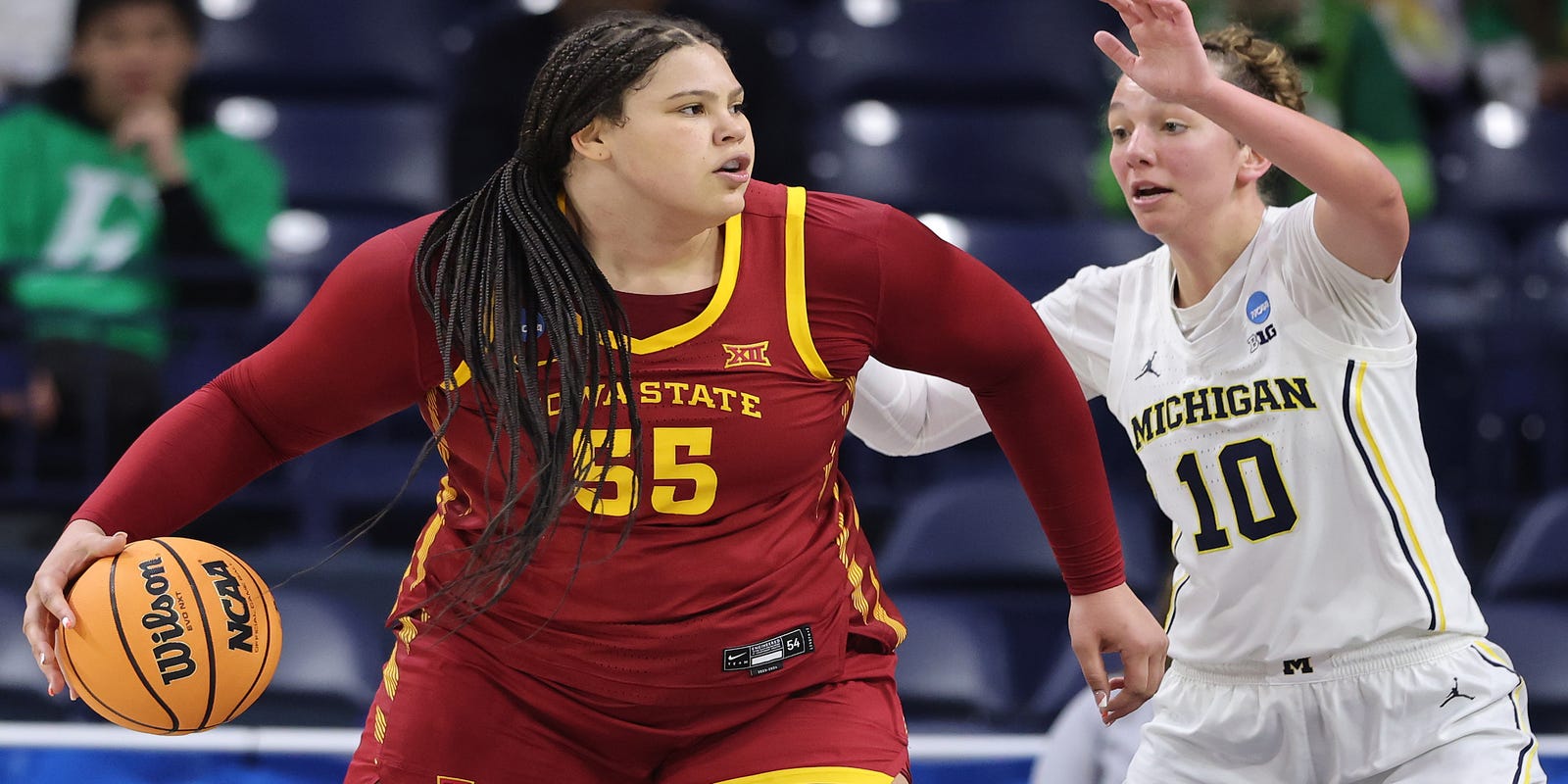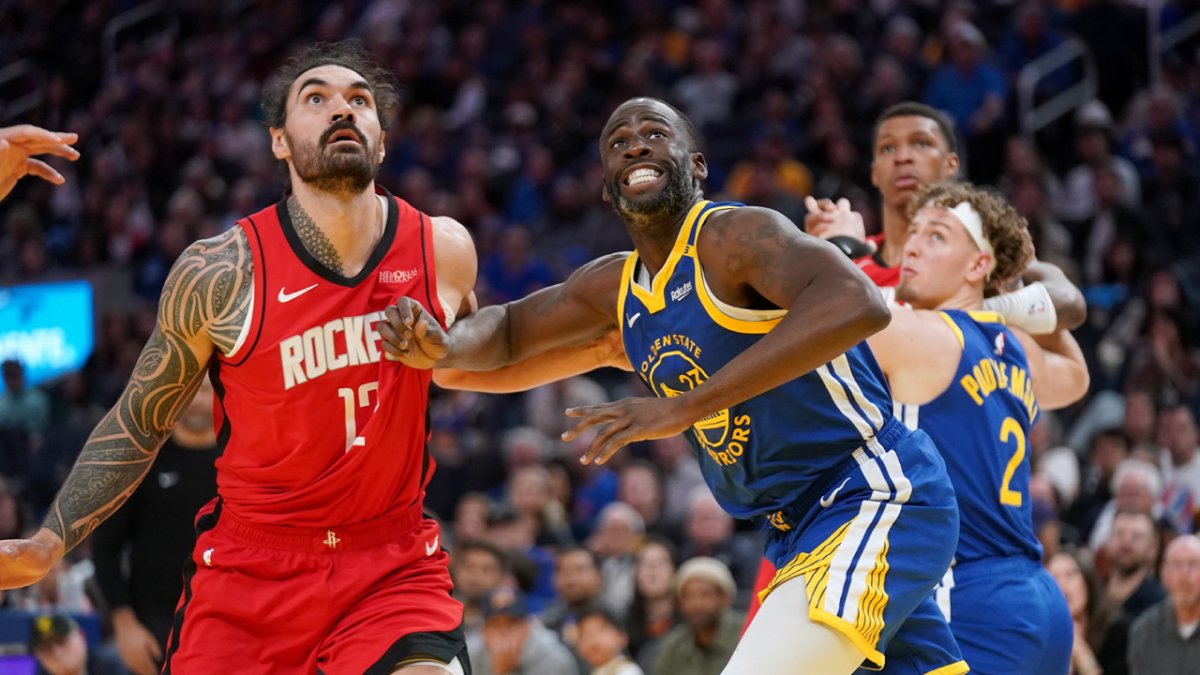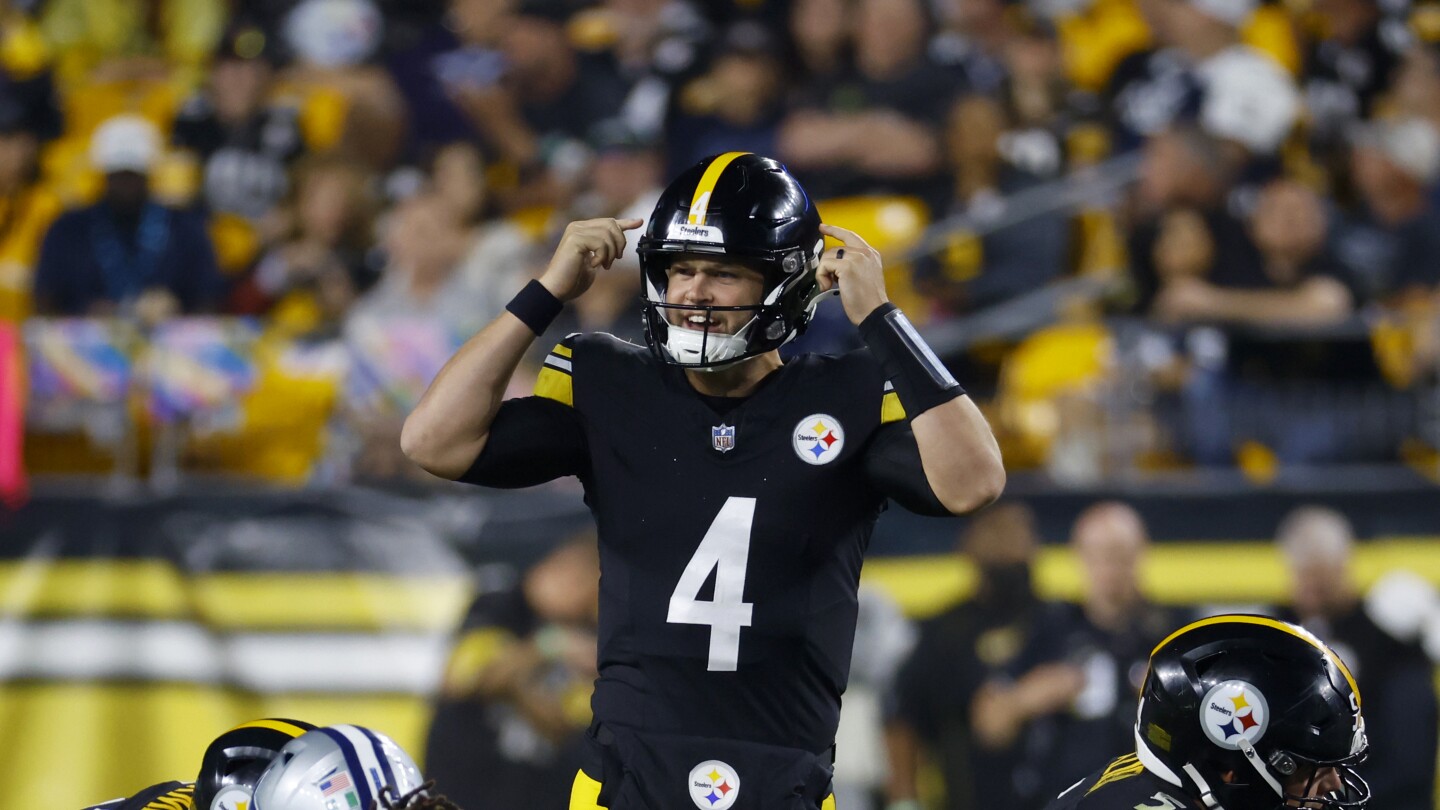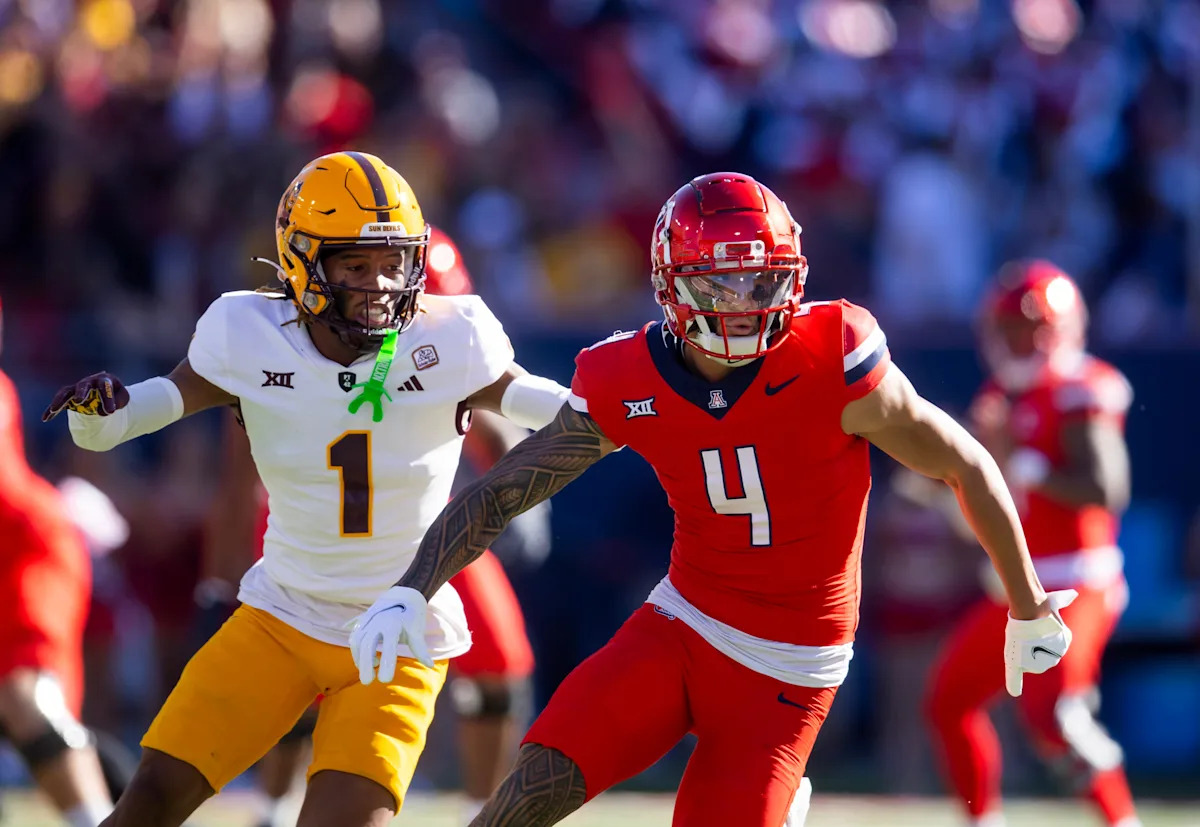Beyond the Score: How ESPN and SportsCenter Fuel the Emotional Landscape of Fan Culture
Sports
2025-04-28 17:05:25Content

At the recent Variety Entertainment Marketing Summit, industry experts Jo Fox from ESPN and Adam Deutsch of Deloitte Consulting offered fascinating insights into the complex world of Gen Z sports fans. The panel delved deep into the unique motivations and digital behaviors that drive this dynamic generation's engagement with sports entertainment.
Fox and Deutsch explored how Gen Z fans differ from previous generations, highlighting their preference for immersive, interactive, and socially connected sports experiences. They emphasized that traditional sports consumption models are rapidly evolving, with younger audiences seeking more personalized and multi-platform content.
Key takeaways from the discussion included the importance of authenticity, social media integration, and digital-first storytelling in capturing Gen Z's attention. The experts noted that this generation values meaningful connections with athletes and teams beyond mere game statistics, prioritizing narrative and personal branding.
The summit provided a critical look at how sports media and marketing strategies must adapt to meet the changing expectations of a digitally native audience, ensuring continued relevance and engagement in an increasingly competitive entertainment landscape.
Decoding Gen Z's Sports Engagement: Insights from Industry Experts at Variety Entertainment Marketing Summit
In an era of rapidly evolving media consumption and fan interaction, understanding the intricate dynamics of Generation Z's sports engagement has become a critical challenge for entertainment and sports industry professionals. The recent Variety Entertainment Marketing Summit provided a groundbreaking platform for deep exploration of this complex demographic's unique relationship with sports and media.Unlocking the Future of Sports Fandom: A Transformative Perspective
The Changing Landscape of Sports Consumption
The traditional paradigms of sports viewership are undergoing a radical transformation, driven by the digital-native Generation Z. Unlike previous generations, these young fans demand more than passive viewing experiences. They seek interactive, immersive, and personalized engagement that transcends conventional broadcast models. ESPN's Jo Fox and Deloitte Consulting's Adam Deutsch have been at the forefront of deciphering these nuanced preferences. Their research reveals that Gen Z sports fans are not merely spectators but active participants in a dynamic media ecosystem. They leverage multiple digital platforms, simultaneously consuming content, creating commentary, and forming global communities around their favorite sports and athletes. The traditional linear television model is rapidly giving way to fragmented, multi-platform experiences that prioritize instant connectivity and personalized narratives.Digital Platforms and Fan Interaction Dynamics
The emergence of social media and streaming technologies has fundamentally reshaped how young sports enthusiasts interact with content. Platforms like TikTok, Instagram, and Twitch have become critical channels for sports engagement, offering unprecedented levels of athlete accessibility and real-time interaction. These digital natives expect more than highlight reels and match summaries. They crave behind-the-scenes content, athlete personal stories, and immersive experiences that blur the lines between entertainment, sports, and personal connection. The traditional sports broadcasting model is being dismantled and reconstructed through a lens of authenticity, immediacy, and interactive storytelling.Psychological Drivers of Gen Z Sports Engagement
Understanding the psychological motivations behind Gen Z's sports consumption requires a nuanced approach. Unlike previous generations, these young fans are driven by values of inclusivity, social consciousness, and personal identity expression. They don't just support teams; they align with athletes and organizations that reflect their broader worldviews. The research presented at the Variety Entertainment Marketing Summit highlighted how sports have become a platform for social dialogue, personal branding, and community building. Athletes are no longer distant icons but relatable influencers who represent broader cultural movements and personal aspirations.Technology and Personalization: The Future of Sports Media
Emerging technologies like augmented reality, personalized content algorithms, and interactive viewing experiences are reshaping the sports media landscape. Gen Z expects hyper-personalized content that adapts to their individual preferences, providing real-time statistics, alternative camera angles, and immersive viewing experiences. The integration of gaming technologies, esports elements, and interactive fan experiences represents the next frontier of sports media engagement. These innovations are not just technological upgrades but fundamental reimaginings of how sports content is created, distributed, and consumed.Strategic Implications for Sports and Entertainment Industries
For sports organizations, media companies, and marketers, understanding and adapting to these evolving dynamics is no longer optional—it's existential. The insights shared by Jo Fox and Adam Deutsch underscore the need for agile, technology-driven strategies that prioritize authenticity, interactivity, and personalized experiences. The future of sports media will be defined by those who can successfully bridge traditional broadcasting models with the dynamic, multi-platform expectations of Generation Z. This requires unprecedented levels of creativity, technological innovation, and a deep understanding of evolving fan psychology.RELATED NEWS
Sports

Thelin Reveals Critical Insights: Pressure Dynamics and Stability Decoded
2025-02-28 16:34:07
Sports

Gunfire Erupts Near Denver Park: One Victim Caught in Lowry Sports Complex Shooting
2025-04-16 04:30:32
Sports

Rising Star Spotlight: Iowa State's Audi Crooks to Headline 2024-25 High School Sports Celebration
2025-04-25 11:00:21





